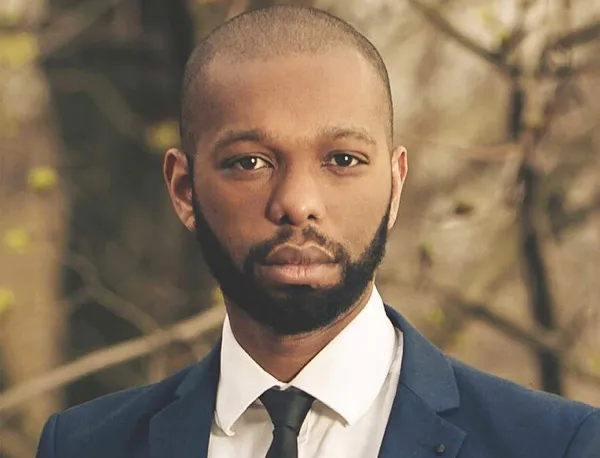WASHINGTON INFORMER: When bass Jonathan Woody performs George Friedric Handel’s “Messiah” at the Music Center at Strathmore with the Washington Bach Consort on Sunday, it will be a full-circle moment for the DMV-raised classical singer.
“Handel’s Messiah was one of the pieces that I actually did in my church as a child,” said Woody, a lifelong singer who began taking piano lessons at age 7 before going to DeMatha Catholic High School, where he fell in love with Renaissance-era music.
“My favorite piece as a high schooler became Handel’s Messiah,” Woody, 39, explained.
With such a deep connection to Handel’s 1741 work, Woody, raised in Kettering, Maryland, but now living in New York, is ready to return to his hometown to perform this celebrated piece.
While many might be accustomed to presentations of Handel’s 18th century piece during the Advent and Christmas seasons, Washington Bach Consort’s decision to present “Messiah: The Greatest Oratorios” during Lent is an intentional choice that adds to the organization’s unique flair.
“It doesn’t happen very often in the Lenten calendar, so I think it’s very cool of the Bach Consort to put it here, because it’s a little bit off the beaten track to do it that way,” Woody said.
Audiences originally heard Handel’s celebrated work during Lent in 1742, and as Washington Bach Consort tackles the music from a “historically informed,” approach, local listeners can be treated to a live performance of “Messiah,” with nods to the original era.
“The instruments that members of the orchestra are playing, those instruments, are actually going to be the versions that were in use during Handel’s time. Now some of the instruments are probably original to that time, which makes them very valuable, but others are copies modern instrument makers are actually creating in the historical style.”
Woody, who has various advanced degrees and training in classical music and its history, noted that audiences can appreciate “Messiah,” more when listening to it in its intended sound.
“You notice, when you hear these instruments, that there really is a difference in the sound. Not just in the sound quality, but also in the way that the players use them. And it allows for the music to sound, in my opinion, a lot more present, and dynamic, and it serves the storytelling of the piece more, when you can use the style and articulations that Handel’s musicians would’ve used,” he said.
Dana Marsh, the arts organization’s artistic director, has spent more than three decades tackling Handel’s work from a historically informed lens, and said, it just keeps getting better.
“I directed ‘Messiah’ for the first time with period instruments over 30 years ago, and I find something new, vibrant and musically fresh every time I return to it,” Marsh said. “’Messiah’ is limitless.”
Other performers include soprano Sonya Headlam, tenor Dann Coakwell and countertenor Patrick Dailey.
In addition to the talented artists, Woody emphasized that audiences will truly enjoy Washington Bach Consort’s rendition of “Messiah: The Greatest Oratorio,” because of the engaging nature of performance.
“We specialize in performing in this historical way, and I think what that means, for a modern audience, is that the piece is much more exciting. A three-hour oratorio from the 1700s can probably be intimidating to some people. It’s like ‘Am I going to be bored? Am I going to fall asleep?’ But I think that the way that we approach this music is designed to be as exciting as possible,” he said.
“It’s almost like it would be a movie about the story of Jesus,” the bass added. “They didn’t have movies back then so this was the closest thing to really making an active storytelling performance, using the music, songs and choral numbers.”
For tickets and more information, go to bachconsort.org/messiah.
Photo: Jonathan Woody (Courtesy photo)









